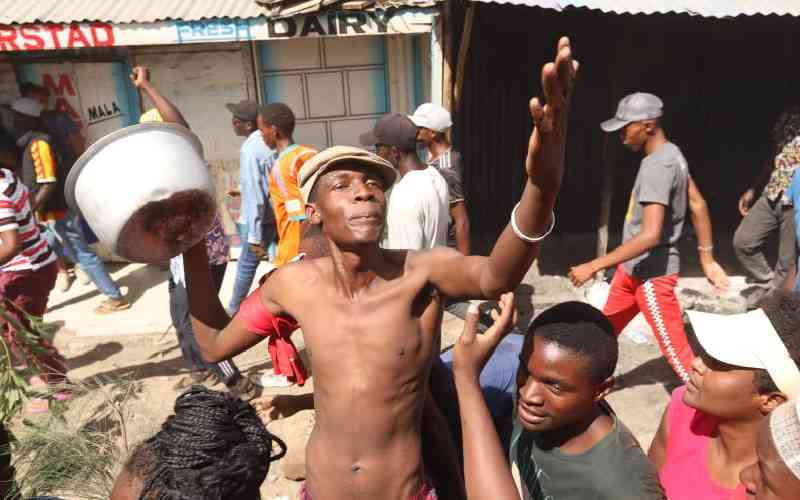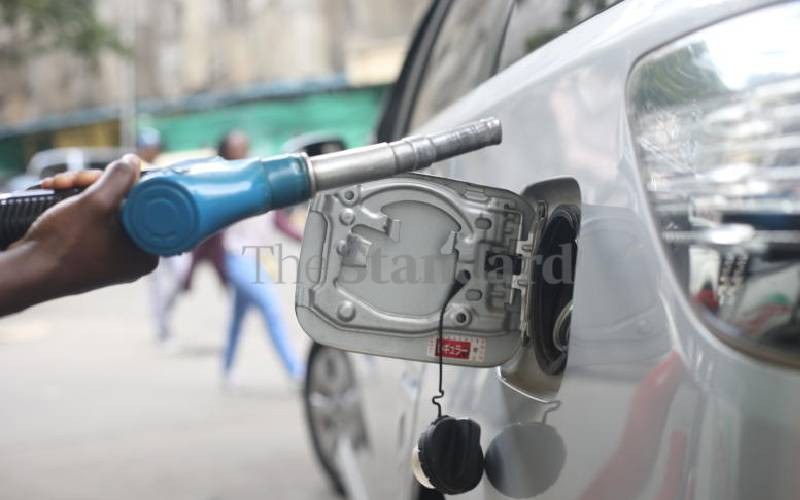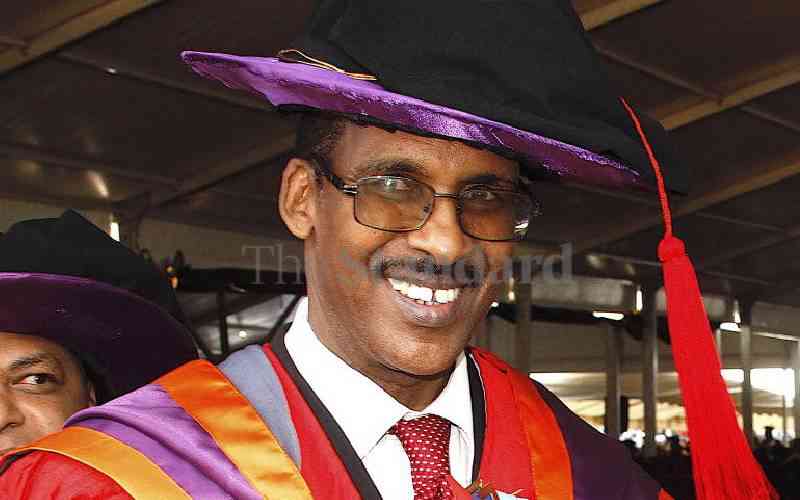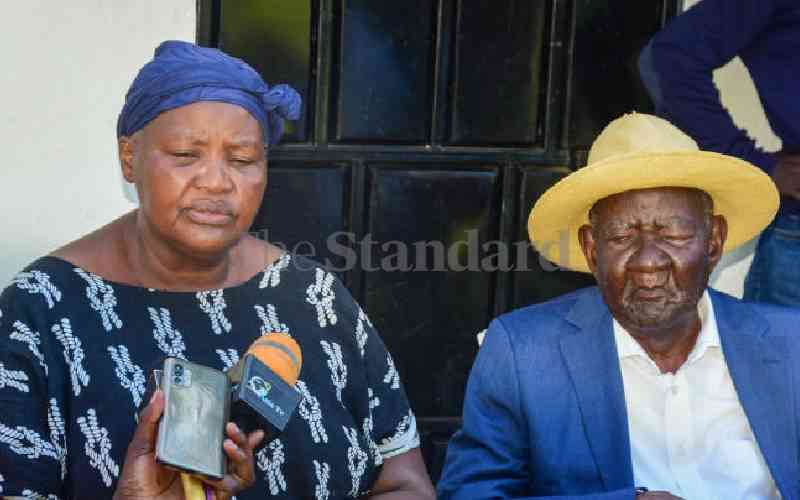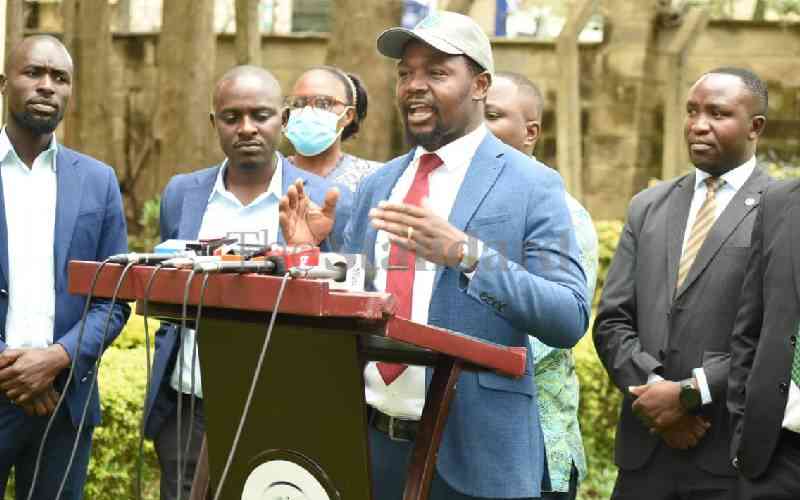If Kenya continues to strike more oil like it is doing now, the early going will be good. With the announcement that the country is sitting on an additional 3.3 billion barrels in reserves, the future could not look any better.
Foreign exploration companies leading the hunt for the precious resources are modest in their assessment, suggesting we have reason to be even more optimistic.
Indeed, after missing out on earlier opportunities to grow their wealth and that of the entire nation because of skewed distribution of resources, this new-found wealth is God-sent for a places like Turkana and other prospective oil-rich counties.
Today, the richest county in Kenya is one of the poorest. There are no displays of ostentatious spending in Turkana, Samburu or Wajir. There are no fuel guzzlers with tinted windows, no designer handbag shops, and happy-go-lucky teenagers waiting outside nightclubs to exhibit their independence.
But this is about to change as focus slowly turns from the traditional places where people travelled to scramble for wealth like Nairobi and Mombasa to places like Turkana.
For some time, debate over allocation of resources, especially land has been on going. But with the focus shifting from rich areas where coffee and tea thrived to oil, the country has a rare opportunity to align the distribution of its skewed wealth.
So far, Kenya's oil wealth is estimated at five-fold the country's Gross Domestic Product. This means there is enough oil to auction and temporarily binge on the proceeds.
But this is not what we want to do as a country. Many people in 'marginalised' places like Turkana, Samburu and their neighbourhoods have to be lifted out of dire poverty and put at par with other parts of Kenya.
So far, projections of our oil wealth rests on rosy forecasts of both oil prices and the quantity prospectors will be able to extract. But the boom and level of activity expected in the oil fields will sure create job opportunities and bring amenities like health centres, schools and electricity to people who have only known dim lamps their entire lives.
Indeed, looking at the distribution of the new oil finds one could argue nature is coming to the rescue of residents of these places. Little-known El Wak, now holds what could be the country's largest oil reserves, but incidentally ranks amongst the poorest places in the country.
It is no secret that Kenya as a country would have been in a better place had past regimes put more weight to fair distribution of national resources. But this is now in the past and focus should be on the future.
The most critical question we ought to be asking is how prepared we are to deal with the curses that seem to follow oil finds in Africa.
Besides thinking of how best to invest the funds, there is need to instil a culture of fair distribution o wealth. This way, the majority poor will get a taste of basics like piped water, paved roads and functioning security agency.
The State had announced that Kenya had formally become a middle income economy – an idea many people who live below the poverty line will not be quick to embrace.
It is time to take stock and identify measures, for instance how to spread the oil riches by lowering prices of basic household commodities. Already, there are fears that influential people have taken strategic positions to gain the biggest from the new-found wealth. This is a slippery road that brought the country a lot of misery in the past. We need prudence and pragmatism instead of the grabbing mentality to move forward and succeed as a nation.
Stay informed. Subscribe to our newsletter
 The Standard Group Plc is a
multi-media organization with investments in media platforms spanning newspaper
print operations, television, radio broadcasting, digital and online services. The
Standard Group is recognized as a leading multi-media house in Kenya with a key
influence in matters of national and international interest.
The Standard Group Plc is a
multi-media organization with investments in media platforms spanning newspaper
print operations, television, radio broadcasting, digital and online services. The
Standard Group is recognized as a leading multi-media house in Kenya with a key
influence in matters of national and international interest.
 The Standard Group Plc is a
multi-media organization with investments in media platforms spanning newspaper
print operations, television, radio broadcasting, digital and online services. The
Standard Group is recognized as a leading multi-media house in Kenya with a key
influence in matters of national and international interest.
The Standard Group Plc is a
multi-media organization with investments in media platforms spanning newspaper
print operations, television, radio broadcasting, digital and online services. The
Standard Group is recognized as a leading multi-media house in Kenya with a key
influence in matters of national and international interest.

